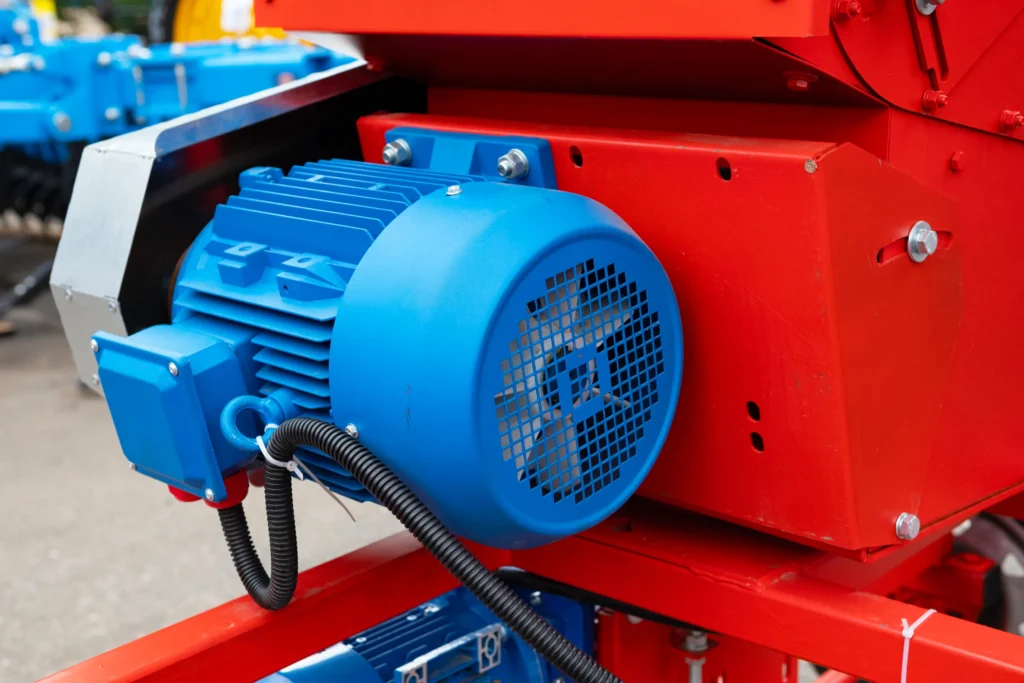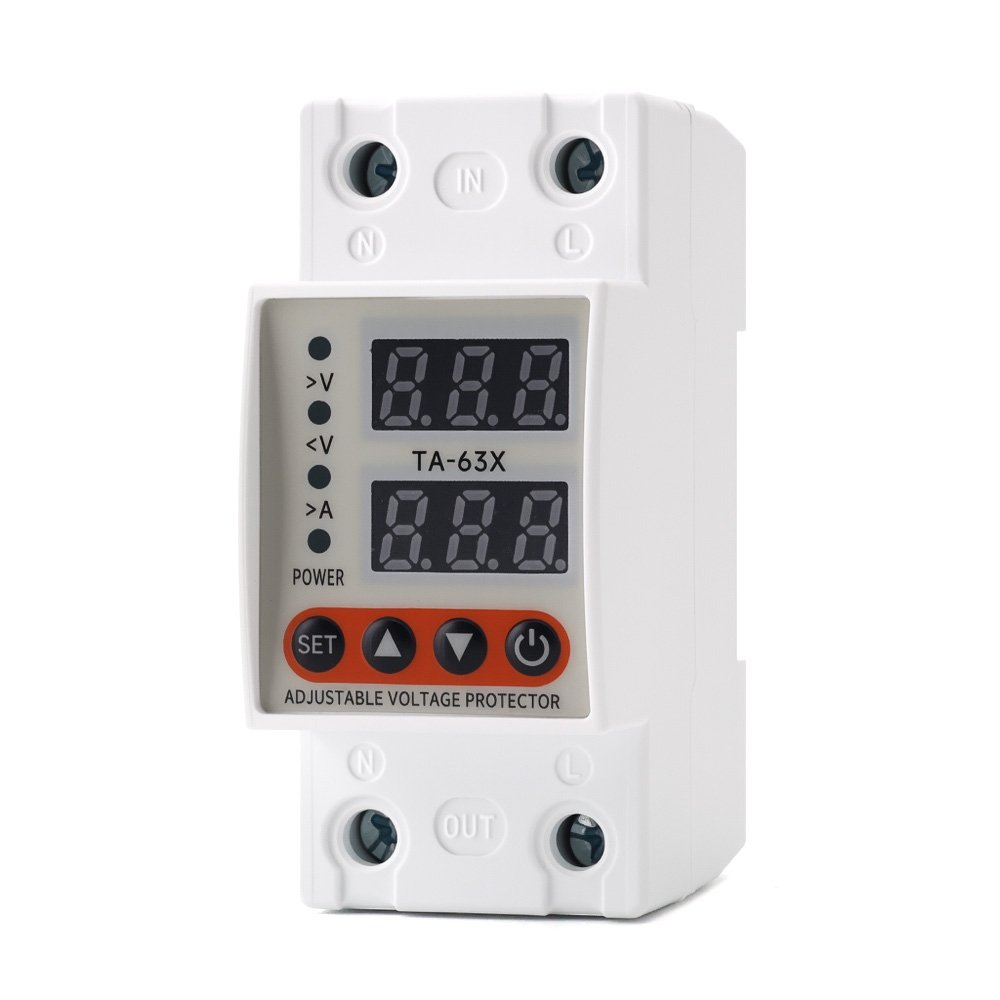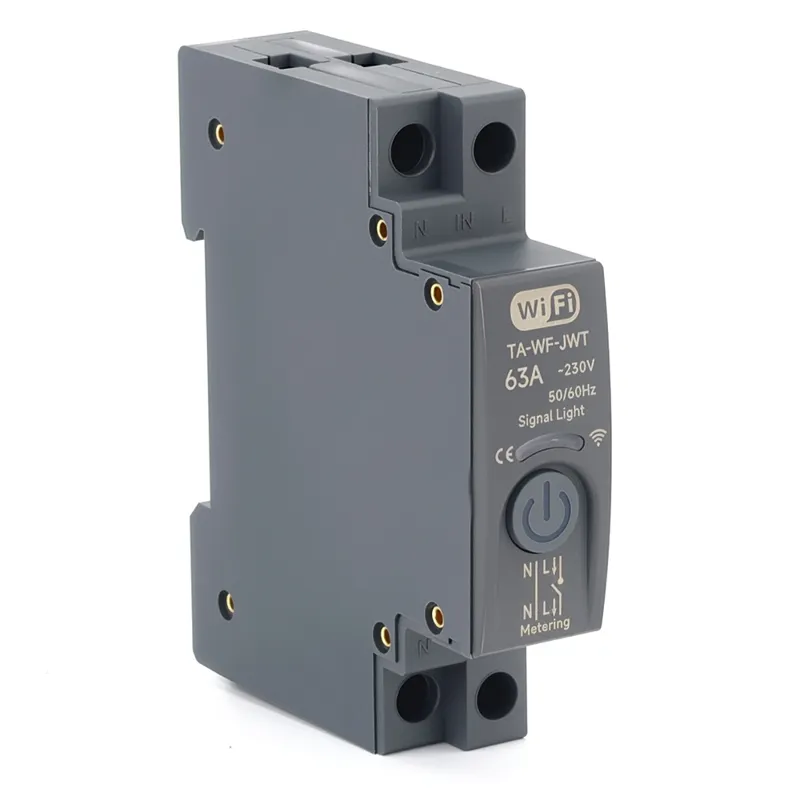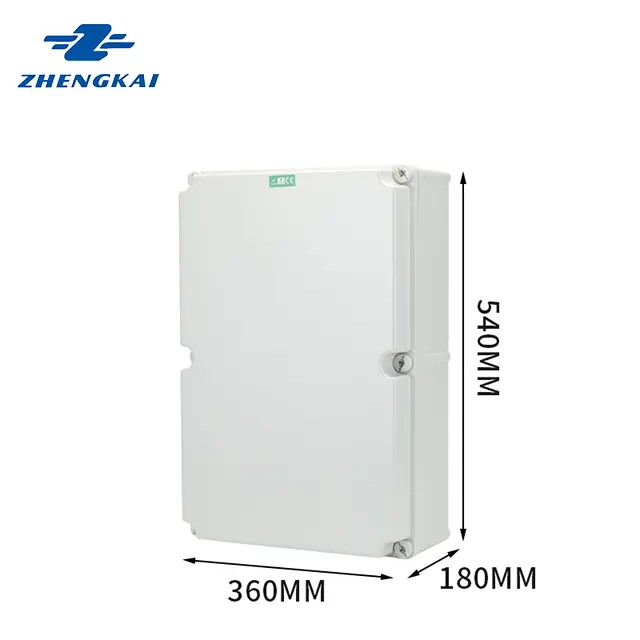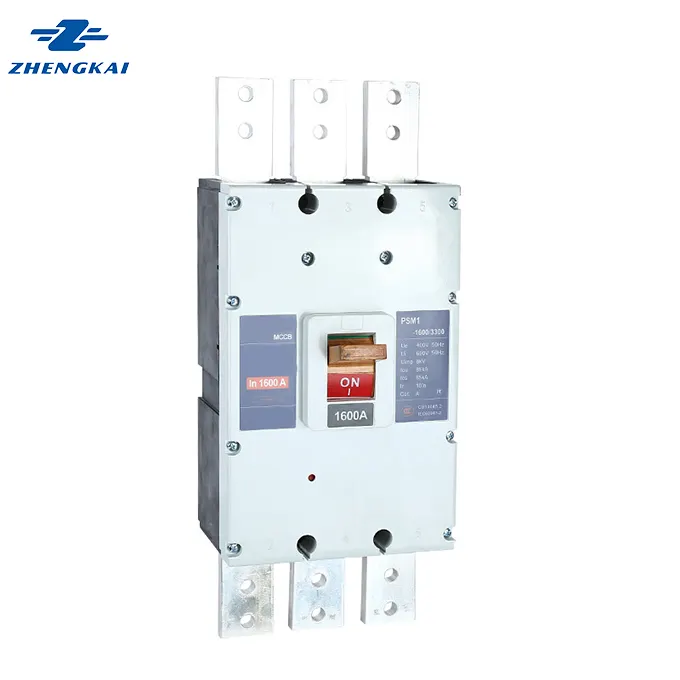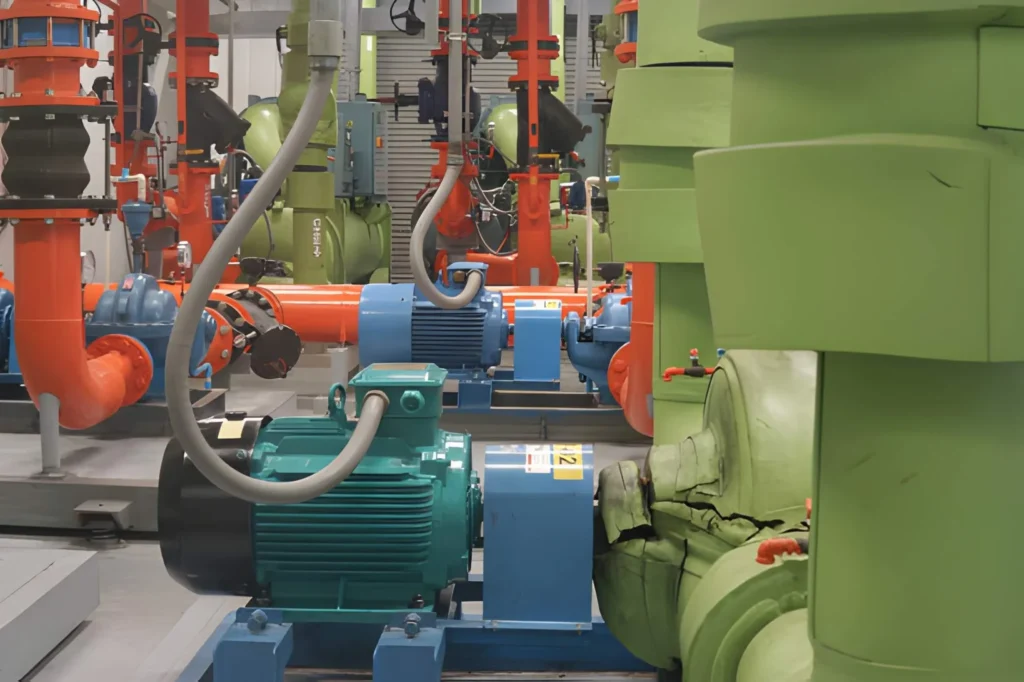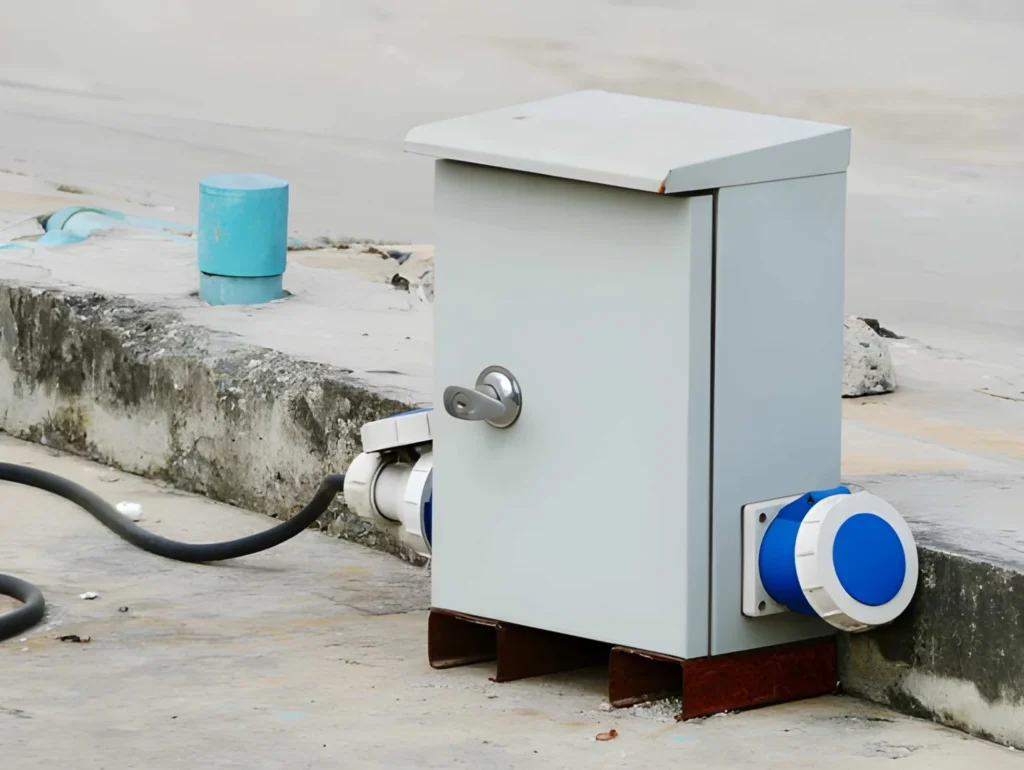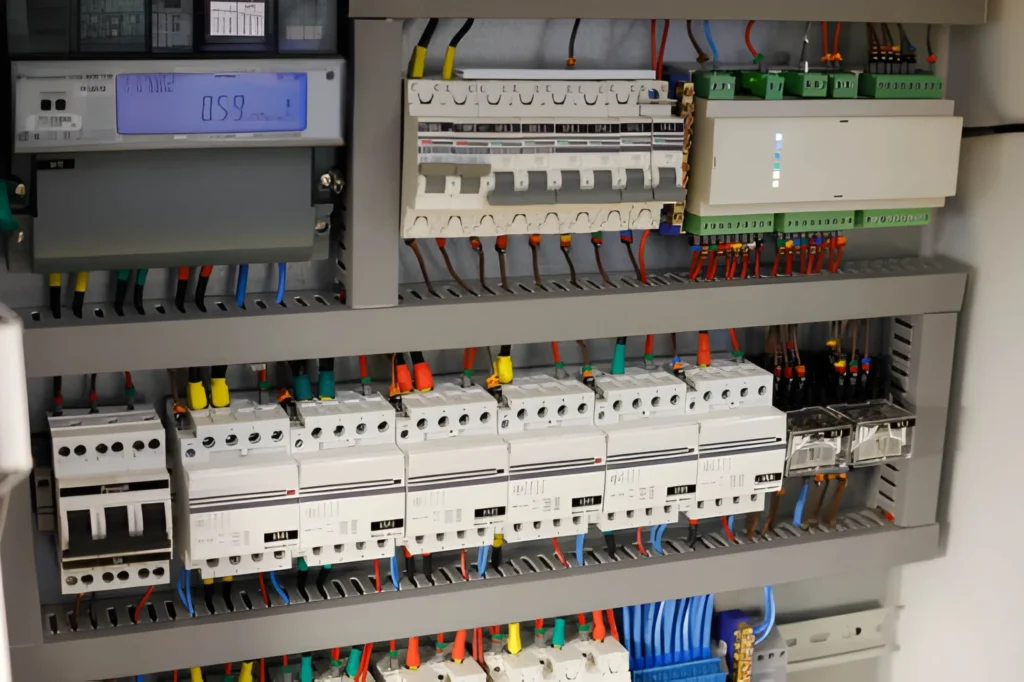I watched a production line halt last month. Motors failed from overload, costing thousands. This pain is preventable. Let me show you how.
Motor overload protection prevents damage by cutting power during excessive current draw. It boosts efficiency by reducing unexpected downtime and energy waste. My clients save 18% on maintenance costs using these systems. Proper protection keeps operations running smoothly and profitably.
Understanding overload protection isn’t just technical—it’s financial wisdom. Below I break down four key areas every industrial buyer must know. These insights come from 20 years in motor protection manufacturing.
How Does Overload Protection Prevent Motor Damage?
Imagine your critical motor failing during peak production. Overload Protection stops this nightmare. I’ve seen it save clients $50k in one incident.
Overload protectors monitor current flow. When motors exceed safe levels, they disconnect power within seconds. This prevents winding burnout and permanent damage. It’s like a circuit breaker designed specifically for motors.
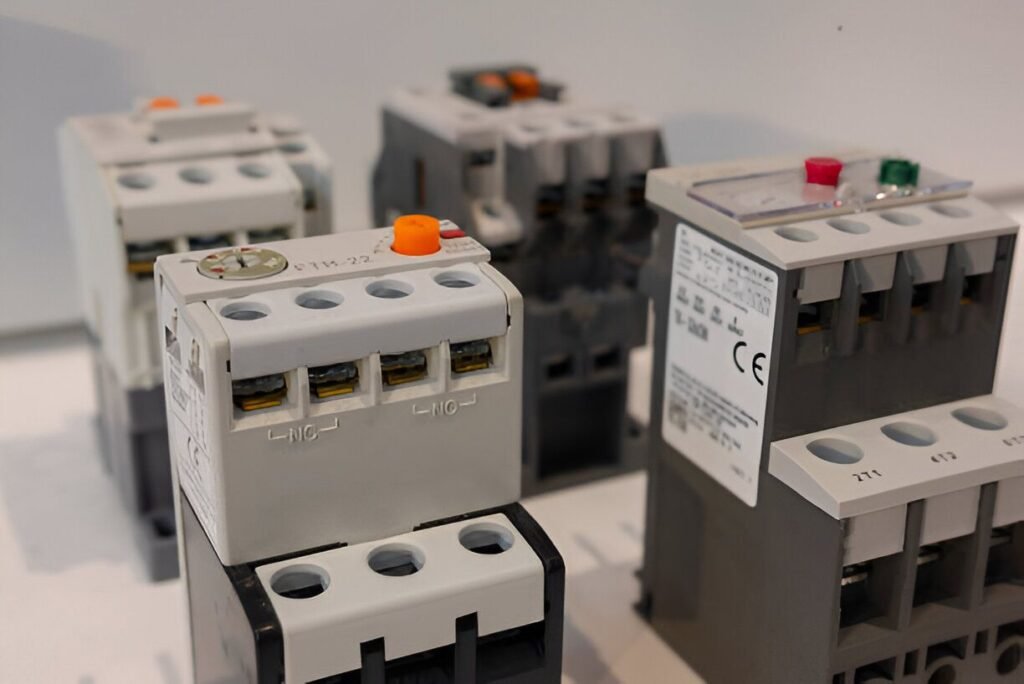

The Science Behind Immediate Shutdown
Motors fail when heat exceeds insulation tolerance. Overload protectors use thermal sensors or magnetic trips to detect danger. Here’s how different types react:
| Protection Type | Response Time | Best For |
|---|---|---|
| Thermal Overload | 2-10 minutes | Steady-load motors |
| Electronic Trip | Under 2 seconds | High-value equipment |
| Bimetallic Strip | 5-20 minutes | General industrial |
During a voltage spike last year, our electronic protectors saved a client’s CNC machines. Traditional fuses would’ve been too slow. The protector:
- Detected 300% current surge
- Isolated the motor in 0.8 seconds
- Sent an alert to maintenance teams
- Allowed safe restart after diagnosis
Without this, rewinding costs average $4,000 per motor. More critically, production halts cost ten times that hourly. I always advise clients: Don’t gamble with reaction times. Slower protection equals higher risk.
What Are the Key Features of Electric Motor Overload Protection?
Choosing protection feels overwhelming. I simplify it by focusing on three non-negotiable features every system needs.
Essential features include adjustable trip settings, automatic reset functions, and real-time monitoring. These allow customization for specific motors and provide operational visibility. My team installs systems reporting data directly to plant managers.
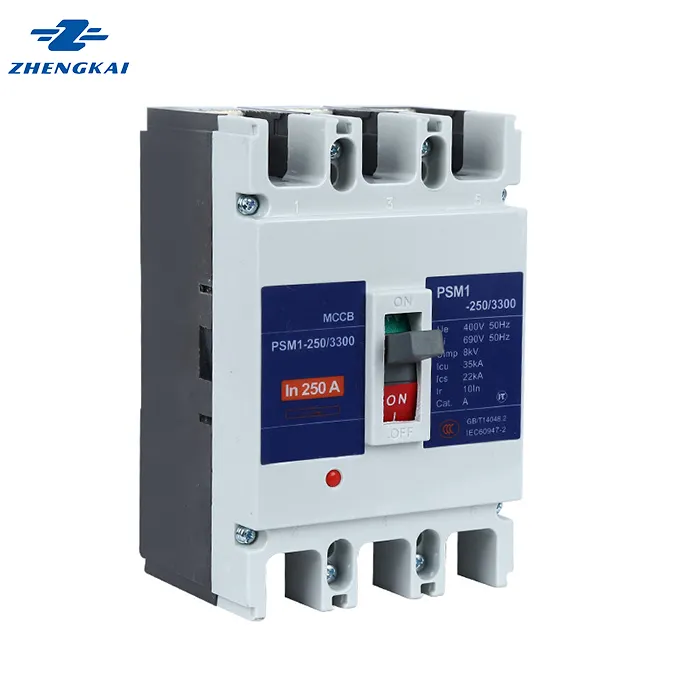

Matching Features to Industrial Needs
Not all protectors work equally. Through 2,000+ installations, we’ve identified what matters:
Adjustable Current Settings
Motors have unique “full load amp” ratings. Generic protectors often misfire. For example:
- Pump motors: Allow 10% overload for 5 minutes
- Conveyor motors: Trip instantly at 15% overload
Communication Capabilities
Modern systems should integrate with SCADA or PLCs. Last quarter, a client avoided downtime because their protector sent these alerts:
| Alert Type | Response Action | Saved Cost |
|---|---|---|
| Phase imbalance | Check transformer wiring | $7,200 |
| Gradual overload | Clean ventilation ducts | $3,800 |
| Voltage fluctuation | Stabilize power supply | $12,000 |
Environmental Resistance
Dust and moisture cause 34% of field failures. Our IP67-rated units withstand:
- Temperatures from -40°C to 85°C
- High-humidity environments
- Chemical exposure in plating facilities
How Does Overload Protection Improve Energy Efficiency in Industry?
Energy bills devour profits. I helped a factory cut consumption 23% without equipment upgrades. Their secret? Smart protection.
Overload systems reduce wasted energy by preventing motors from running inefficiently. They stop under-voltage operation and phase imbalances that increase power draw. This directly lowers electricity costs by up to 30%
The Hidden Energy Drain
Motors consume 70% of industrial electricity. When overloaded, efficiency plummets. Consider these realities:
- A 10% overload increases energy use by 15%
- Phase imbalance causes 20-50% efficiency loss
- Motors draw 3x more current during startup
Our monitoring systems revealed shocking data at a textile plant:
| Condition | Power Waste | Annual Cost |
|---|---|---|
| Unbalanced phases | 28% | $86,400 |
| Continuous overload | 19% | $58,500 |
| Voltage sags | 15% | $46,200 |
By installing protectors with power-quality monitoring:
- They eliminated imbalance issues
- Reduced motor starts through soft-start coordination
- Optimized load distribution
Savings paid for the system in 5 months. Remember: Protection isn’t an expense—it’s efficiency insurance.
Why Is Overload Protection Critical for Industrial Motor Longevity?
Replacing motors eats budgets. I’ll show how protection extends equipment life 3-5 years. Real data proves it.
Continuous overload degrades motor insulation and bearings. Protection systems prevent cumulative damage from heat and vibration. Our clients report 40% fewer motor replacements after installation.
Extending Equipment Life Cycle
Motors fail progressively, not suddenly. Each overload incident causes micro-damage. Protection adds years by:
Preventing Thermal Degradation
Insulation lifespan halves for every 10°C above rated temperature. Protection maintains safe ranges:
| Operating Temp | Expected Lifespan |
|---|---|
| 90°C (rated) | 20 years |
| 100°C | 10 years |
| 110°C | 5 years |
Reducing Mechanical Stress
Bearings fail faster under irregular loads. Vibration analysis shows:
- Unprotected motors: 0.35 in/sec vibration
- Protected motors: 0.08 in/sec vibration
Avoiding Contamination
Overheated motors draw in dirty air through cooling vents. A client found their motor internals coated with graphite dust after repeated overloads. Protection maintains proper temperatures to prevent this suction effect.
Conclusion
Proper motor protection cuts costs, saves energy, and extends equipment life. It’s not optional—it’s operational survival. Protect your bottom line today.

